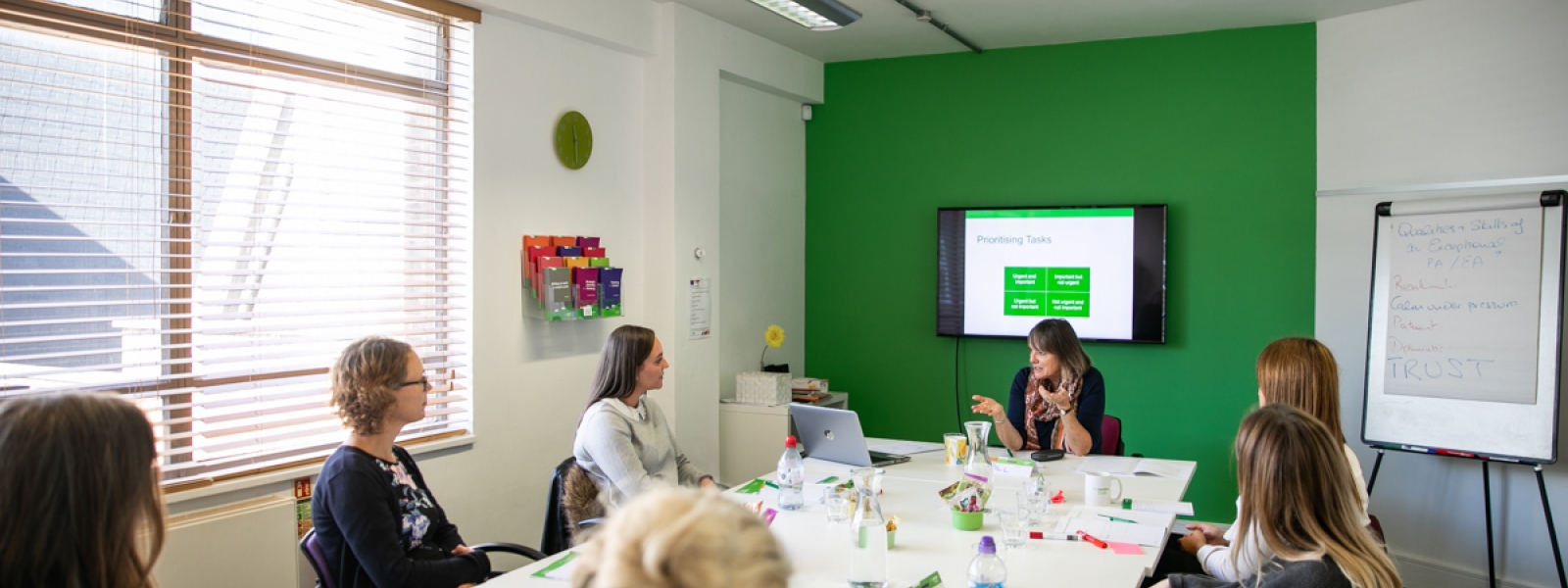Oct
28
2019
Third Sector Blog
Since the Centre was established in 2002 we’ve always supported and championed organisations that put people at the heart of their work. Unsurprisingly this means we’ve built up strong relationships across the third sector, particularly here in the UK. From campaigning, liberation, research and advocacy right through to recreation, community, faith based, and ethical innovation and funding.
And the pressure on the sector has grown massively. To do less with more, to be transparent, to collaborate, to innovate, to adapt, to evolve and thrive in a backdrop of emergent change. And as we saw during the last recession, when charities are squeezed it’s often Training and Learning and Development that are seen as disposable or pause-able.
I would encourage the opposite; that in this VUCA (Volatility, Uncertainty, Complexity, and Ambiguity) landscape this is exactly the time that people need to feel held and supported to meet challenges head on. Below I’ve shared some key reflections on why People Development is critical to the charity sector in 2019.
A seat at the strategic table:
Historically Human Resources has often been left out of those very senior, strategic, future-focused conversations. Being asked to ‘wrap a people plan’ around the goals and objectives. But now, more than ever, it feels like a space that can and should be led by people planning. World Economic Forum highlight the need for meaning-FULL work and thoughtful planning around re-skilling and upskilling – to achieve both will need a clear sense of direction and detailed development plans for role evolution and the training involved.
The B word…
How could I talk about the future without mentioning Brexit? NCVO have created a detailed report No-Deal Brexit and the Voluntary Sector which links to some very useful reflective exercises and questions organisations, and third sector leaders, should be asking themselves in readiness for Brexit.
Is contingency planning and risk analysis something that all managers, leaders, and trustees have within their skillset? I think it would be very risky to assume so -particularly when Brexit will impact all parts of the organisation from funding and contracts, right through to procurement and EU National employees.
This again feels like a real opportunity for building organisational resilience and ensuring that change management, strategic planning and risk analysis tools become part of the development and communal language within charities.
Developing communities:
When I joined the Centre over a decade ago our most popular workshops were around Minute taking, Report Writing and Practical Management Skills. Develop the person and their skills and knowledge with little reflection on organisational capacity and skill sharing.
The focus has shifted enormously with a new emphasis on having the skills to develop people from within and ensure that lessons learned remain learned. From Coaching, Mentoring and Training the Trainer right through to our Voluntary Sector Management Apprenticeship - the focus has shifted from compliance and tasks to conversations, building communities of learning, and creating authentic and inclusive leaders. Again, this kind of thoughtful and iterative people development ensures the absorptive capacity of charities. What is absorptive capacity I hear you cry? It’s a concept created in the 90s which highlights the importance of organisations being able to take on new information, absorb it, and evolve its practices. Creating communities will encourage skill sharing and reflection – two invaluable qualities to build organisational resilience.
Sally Pearman is involved in the design and delivery of our flagship third Sector Apprenticeship Programmes for both leaders and administrators. Click here for more information.


